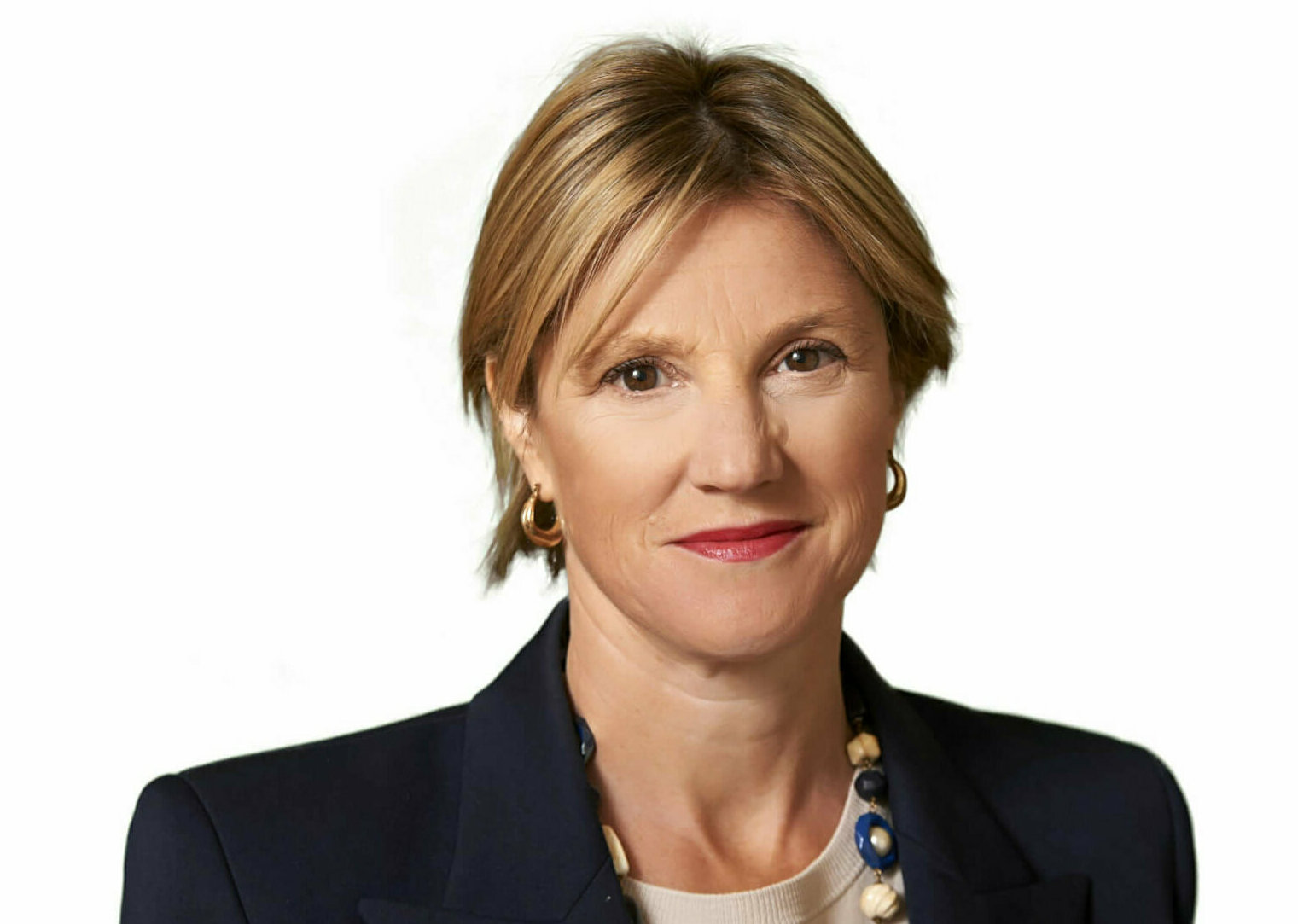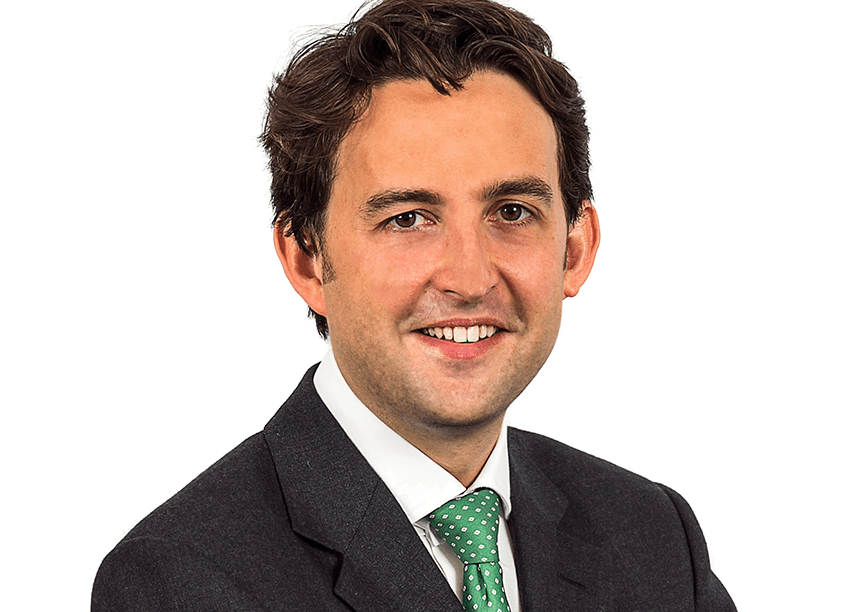Manchester Building Society v Grant Thornton UK LLP [2021] UKSC 20
Three members of 7KBW have won a seminal victory in the Supreme Court in Manchester Building Society v Grant Thornton UK LLP [2021] UKSC 20. Today’s judgments are intended to be read with those in the medical negligence case of Khan v Meadows [2021] UKSC 21, also handed down today. These are the most significant decisions on the scope of liability in professional negligence since SAAMCO (South Australia Asset Management Corp. v York Montague Ltd [1997] AC 191) was decided by the House of Lords some 25 years ago.
Manchester Building Society’s appeal concerned whether loss suffered by the Society as a result of negligent auditing and accounting advice fell within the scope of Grant Thornton’s duty of care. Teare J and the Court of Appeal held that it did not. The Society appealed to the Supreme Court of the United Kingdom, where the appeal was heard by a specially-constituted panel of seven Justices. The same panel heard the appeal in Khan shortly afterwards, so that the Court could give a decisive ruling on the “scope of duty” principle in English law, the boundaries and application of which have caused significant uncertainty ever since SAAMCO was decided. The resulting decisions contain a fundamental restatement and realignment of the legal principles.
The Court unanimously allowed the Society’s appeal. A majority (Lords Hodge, Sales, Reed, Kitchin and Lady Black) held that the correct approach was to identify the purpose to be served by the duty of care assumed by the defendant, and then to ask whether there is a sufficient nexus between the claimant’s loss and the purpose of that duty [13], [17], [19], [22]. The majority criticised the distinction, established in SAAMCO and emphasised by the Supreme Court in Hughes Holland v BPE Solicitors [2017] UKSC 21, between “information” and “advice” cases. It was too rigid, liable to mislead, and not the right starting point [18]-[22]. It followed that the “SAAMCO cap”, which involves asking whether (in a counterfactual world) the loss would have been suffered if the “information” provided by the defendant had been correct, could not be determinative but was no more than a cross-check which was subordinate to considering the purpose of the duty [4], [23], [27]. Applying the principles formulated by the majority, the Society’s loss fell within the scope of Grant Thornton’s duty and was recoverable in contract and the tort of negligence [34]-[38].
Lord Leggatt held that the scope of duty principle was based upon causation, and that the correct approach was to assess whether the loss claimed was caused by the particular matter(s) which made the defendant’s advice incorrect and negligent [97]-[99], [146], which in this case it was [168]. Neither the majority [13] nor Lord Burrows [212] agreed with Lord Leggatt that the scope of duty principle was based upon causation.
Lord Burrows allowed the appeal for reasons closely aligned with the majority [177]. In his view, the scope of duty principle requires consideration of the purpose of the advice or information provided by the defendant, and the achievement of a fair and reasonable allocation of the risk of the loss that has occurred [201], [203], [210]. This approach differed from the majority, who saw no place for policy considerations [5], [23].
The Society was represented by Rebecca Sabben-Clare QC, Benjamin Parker, and Harry Wright of 7KBW, who were instructed by Anthony Taylor, Peter Lees, and Alex Villers of Squire Patton Boggs LLP (Manchester). Rebecca and Harry also appeared for the Society at first instance and in the Court of Appeal.
The judgment is available here.



